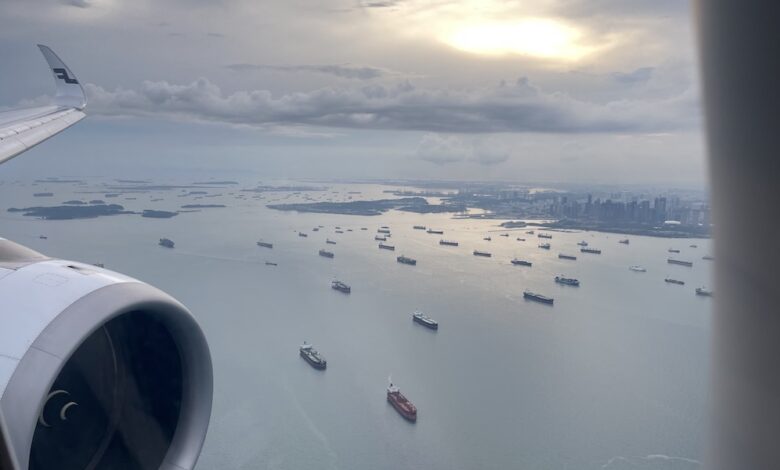Development Bank of Japan joins the Blue Visby Consortium

The Blue Visby Consortium – a cross-industry project aimed at reducing shipping’s greenhouse gas emissions by tackling the sail fast, then wait practice – has welcomed the Development Bank of Japan (DBJ) as its first financial institution.
Blue Visby combines a new contractual framework and transparent digital technology to optimise arrival times for groups of vessels travelling to the same port, enabling them to reduce their speed and emissions without losing a competitive advantage. DBJ will support the development of this system by providing financing know-how and advice.
The number of members of the consortium has more than doubled since the project was formally launched in July 2022, from 13 members originally to 31 today.
Two months ago Japanese trading giant Marubeni and Blue Visby verified an average of 15% CO2 reduction on 68 gas and chemical tankers on 625 voyages and signed a letter of intent for proceeding to a real-life prototype.
Co-ordinated by Finnish software provider NAPA and law firm Stephenson Harwood, the project spans key stakeholders in the maritime industry, including BIMCO, Baltic Exchange, UK Hydrographic Office, shipowners MOL and Marubeni, grain exporter CBH, insurer Thomas Miller, the Port of Newcastle, Port Authority of New South Wales, classification societies ClassNK and Bureau Veritas, as well as environmental organisations and academia.
